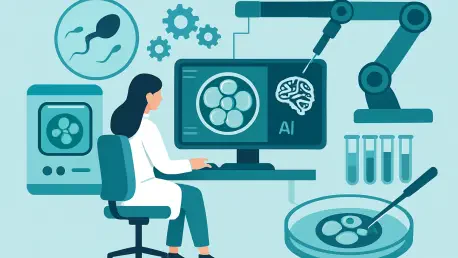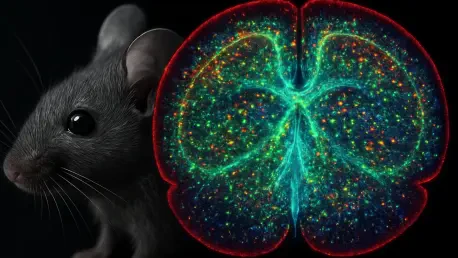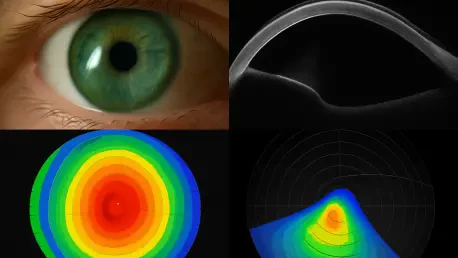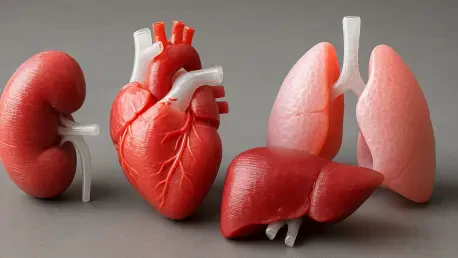
In the ever-evolving landscape of the medical devices and supplies industry, the latest Q2 earnings reports have unveiled a striking dichotomy within the imaging and diagnostics sector, where some companies soar while others falter under intense pressures. Notable players such as GE HealthCare

In a world where millions of families struggle with infertility, a groundbreaking advancement promises to reshape the landscape of reproductive medicine with innovative solutions. Conceivable Life Sciences, a pioneering company based in New York, has emerged as a beacon of hope with its latest

Imagine a world where scientists can peer into the intricate workings of a mouse’s brain as it scurries through a maze, forages for food, or interacts with its peers, all without restricting its natural movements, and witness in real time how neuronal processes drive behavior. This once-distant

What if a simple eye scan could forecast a patient’s risk of losing vision to a stealthy, progressive condition long before irreversible damage sets in, offering a lifeline to preserve sight? This question is no longer a distant dream but a tangible reality emerging in the field of ophthalmology.

As technology continues to reshape industries worldwide, the healthcare sector stands at a pivotal moment where artificial intelligence (AI) promises to revolutionize diagnostics and patient care, yet faces significant roadblocks in real-world application within England's National Health Service

Imagine a world where the agonizing wait for a life-saving organ transplant becomes a relic of the past, replaced by the ability to print a custom organ tailored to a patient’s unique biology, and Israel is stepping into this visionary future with the launch of a groundbreaking research institute